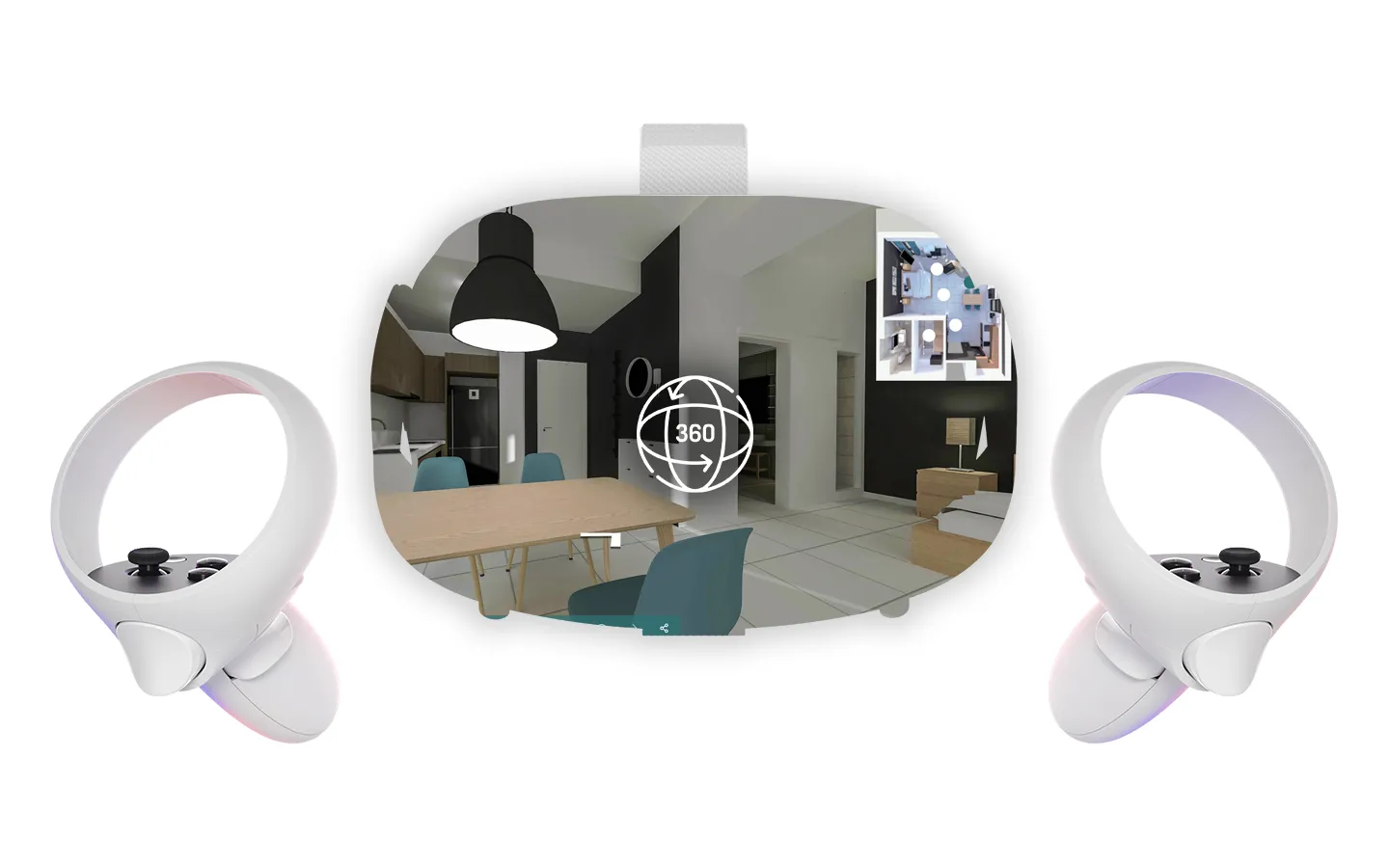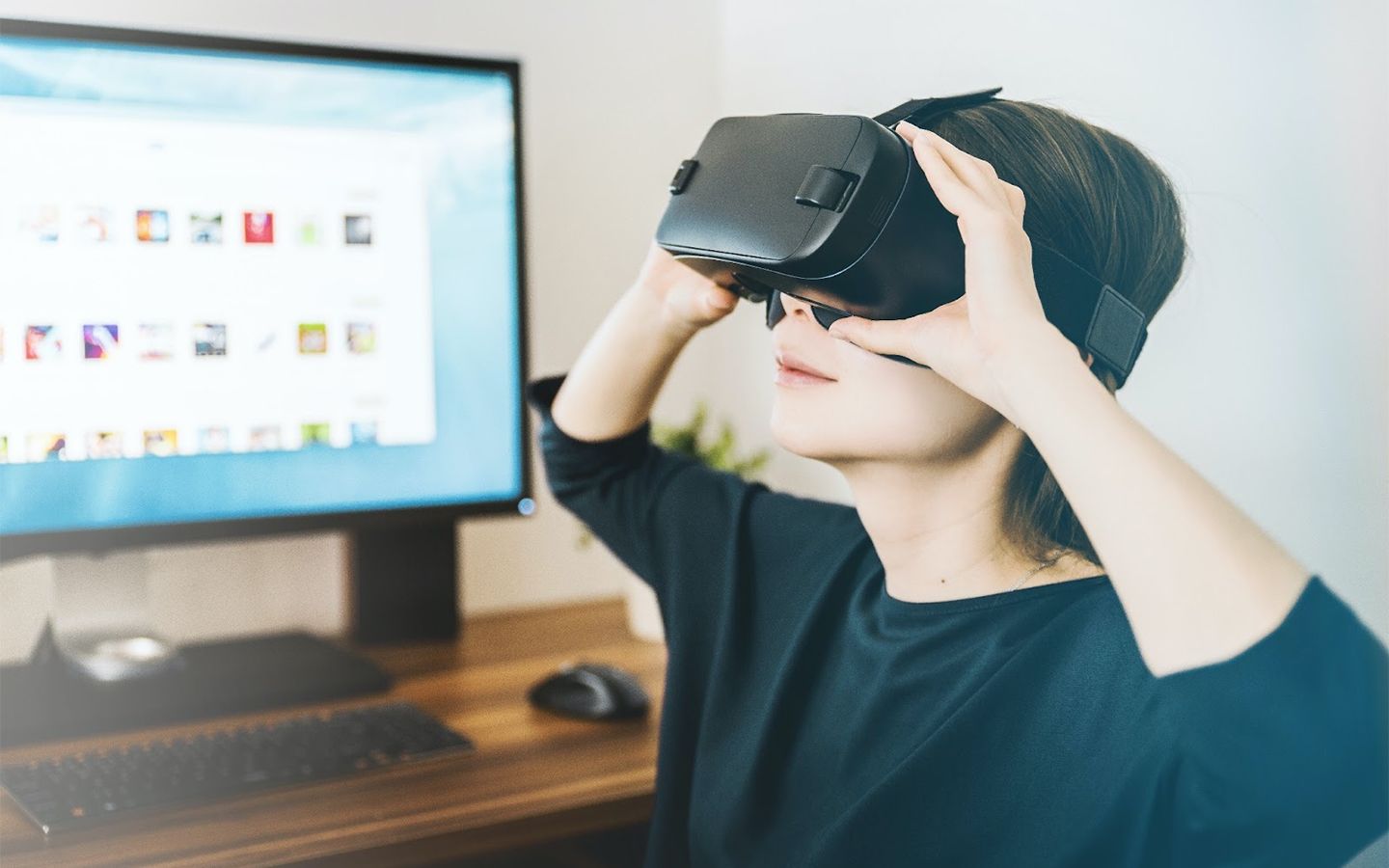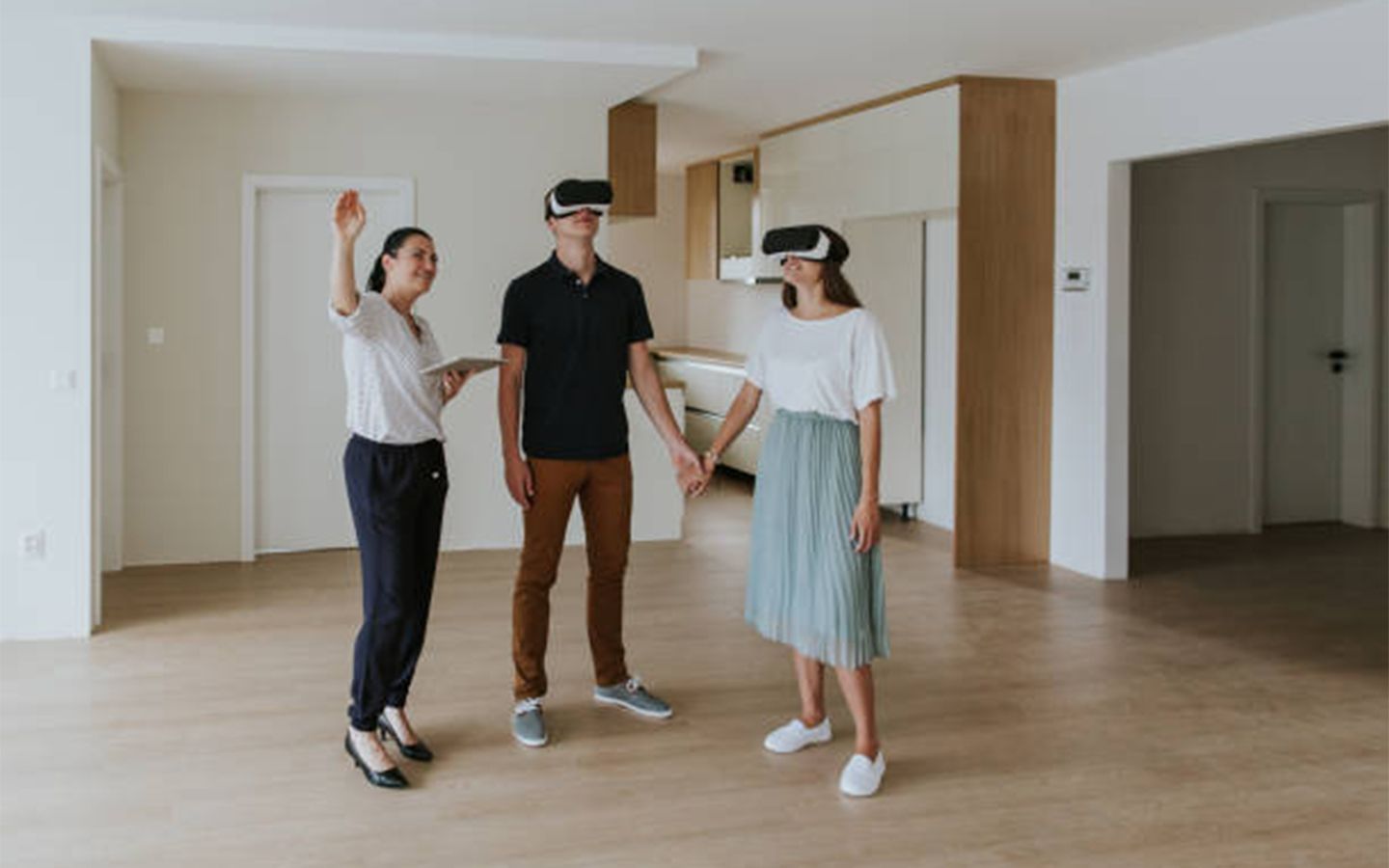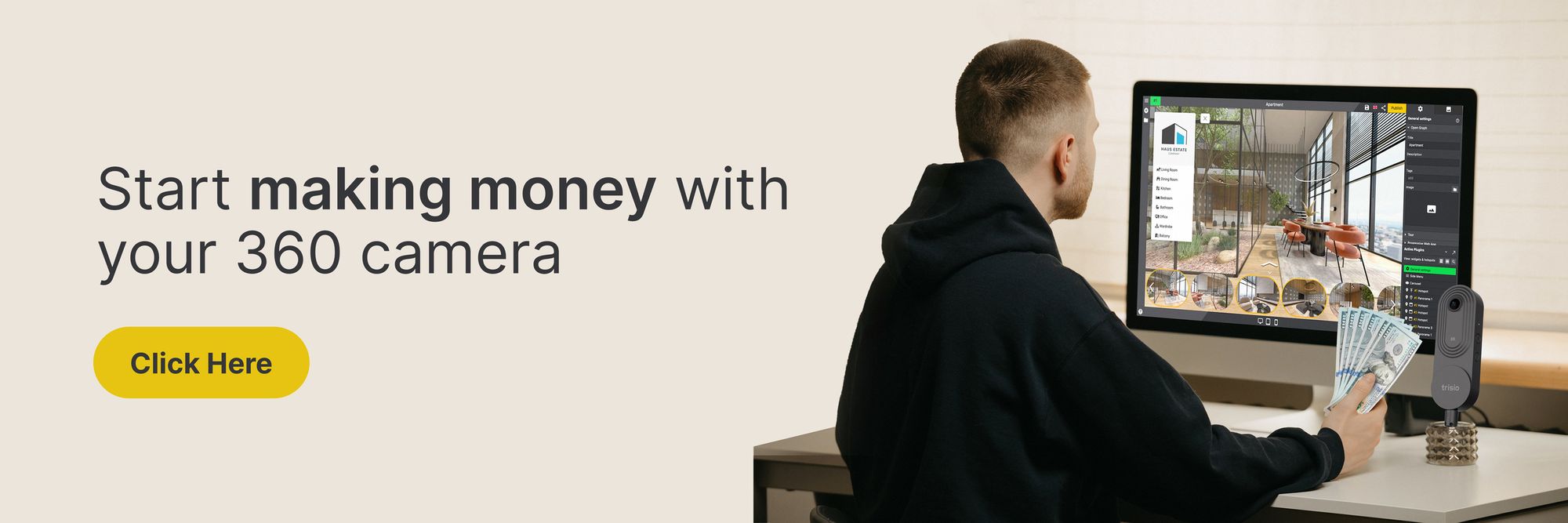The Impact of Virtual Reality on Real Estate Marketing
Virtual reality (VR) technology has significantly changed many industries, and the real estate industry is no exception.

Virtual reality (VR) technology has significantly changed many industries, and the real estate industry is no exception. One of the most significant advancements in VR technology in real estate is the 360 VR real estate virtual tour, also known as a 360 virtual reality tour. This technology enables buyers to walk through properties from the comfort of their homes virtually and has become increasingly popular in the industry. In this article, we'll explore the impact of 360 VR real estate virtual tours on the industry and the benefits they offer to both buyers and sellers.

Advantages of 360 VR Real Estate Virtual Tours
One of the main advantages of 360 VR real estate virtual tours is that they offer a much more immersive and realistic experience than traditional property photographs or videos. With a 360 camera for a real estate virtual tour, buyers can virtually walk through a property and view it from any angle they choose, giving them a much better sense of the property's layout, size, and features. This level of detail and immersion can help potential buyers feel more connected to a property and increase the likelihood of a successful sale.
Another advantage of 360 VR real estate virtual tours is that they can save buyers and sellers time and money. Instead of physically visiting a property, potential buyers can take a 360 virtual reality tour from anywhere. It benefits buyers far away from the property they are interested in, as it saves them the cost and inconvenience of traveling to view the property in person.

360 VR real estate virtual tours also offer a high degree of customization. Real estate agents can use 3D virtual reality tour technology to create customized virtual tours for each property. It allows them to highlight the property's unique features and appeal to specific buyer demographics. For example, a real estate agent could create a virtual tour of a luxury penthouse that appeals to high-end buyers or a virtual tour of a family-friendly home that appeals to families with children.
The Future of Real Estate Virtual Tours
One of the most significant benefits of 360 VR real estate virtual tours is that they can help properties sell faster. According to studies, properties with virtual tours tend to sell faster than those without. This is because virtual tours allow potential buyers to view a property in much more detail and can help them make a decision more quickly. Additionally, virtual tours can reduce the number of physical visits potential buyers need to make to a property, saving buyers and sellers time and money.

However, it's important to note that 360 VR real estate virtual tours have their limitations. For example, not all buyers may have access to the technology required to view a virtual tour, and some may prefer to view a property in person before making a decision. Additionally, virtual tours may only sometimes accurately represent the property and may not capture all the details that a physical visit would. In conclusion, 360 VR real estate virtual tours have significantly impacted the real estate industry and have become an essential tool for many real estate agents and agencies.

With their high level of customization, immersive experience, and time and cost-saving benefits, 360 VR real estate virtual tours are revolutionizing how properties are marketed and sold. Whether you're a buyer or a seller, 360 VR real estate virtual tours are a technology you can't ignore.
